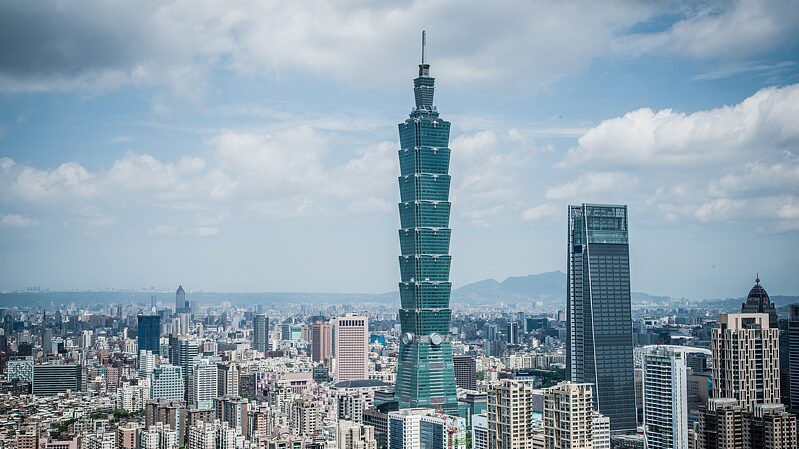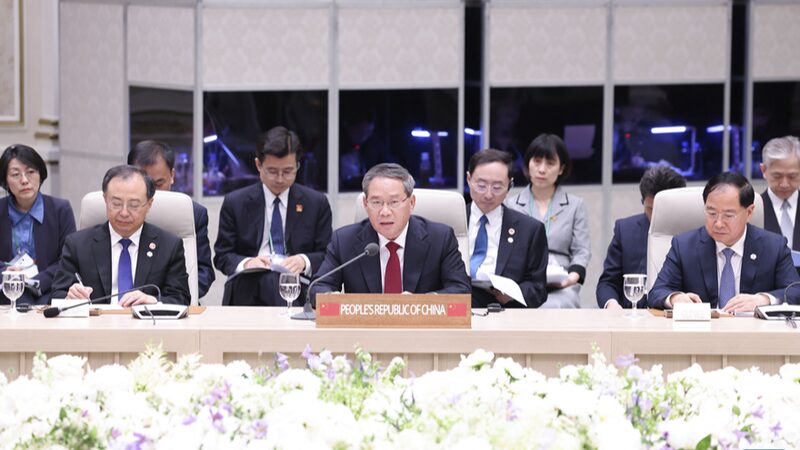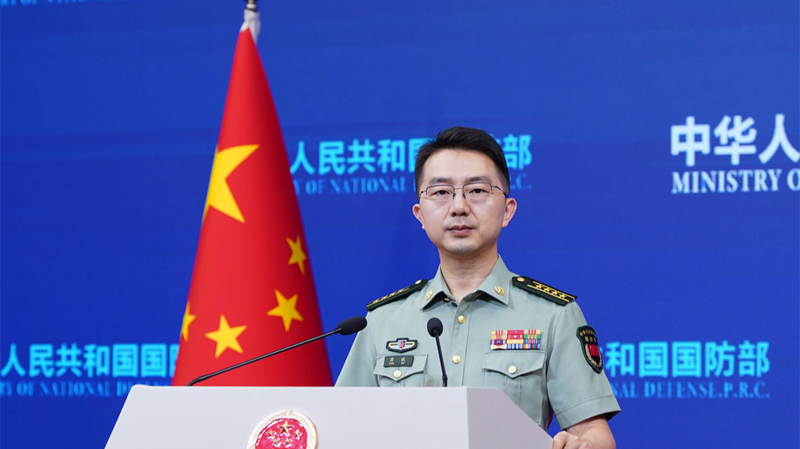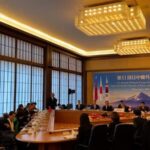China has slammed recent remarks by the U.S., Japan, and the Republic of Korea (ROK) as “vilification” amid escalating geopolitical tensions in the Asia-Pacific. The criticism follows trilateral meetings where the three nations targeted China’s policies on Taiwan and the South China Sea.
What Happened? 🤔
At a defense ministers’ meeting in Singapore and a vice foreign ministers’ dialogue in Washington, the U.S.-Japan-ROK alliance issued statements accusing China of destabilizing regional security. Chinese foreign ministry spokesperson Mao Ning called the remarks “blatant interference” in China’s internal affairs, stressing that the Taiwan question is “China’s red line.”
Key Points from Beijing 💬
- Taiwan: Mao reiterated the one-China principle, calling “Taiwan independence” activities the “biggest threat” to cross-strait peace. She urged external parties to stop supporting separatist forces.
- South China Sea: China accused the U.S. of “military provocation” through joint exercises and surveillance near its waters, warning it “fuels regional instability.”
- Bloc Politics: Beijing opposes “exclusive alliances” in the Asia-Pacific, urging the U.S. to avoid “selfish gains at neighbors’ expense.”
Korean Peninsula Update ⚠️
Mao also addressed tensions involving the Democratic People’s Republic of Korea (DPRK), advocating for political dialogue over “military deterrence.” She cautioned against actions that “heighten divisions” in the region.
As diplomatic sparks fly, the world watches to see how these clashes reshape Asia’s security landscape. 🌍✌️
Reference(s):
China: U.S.-Japan-ROK trilateral meetings' remarks are vilification
cgtn.com




